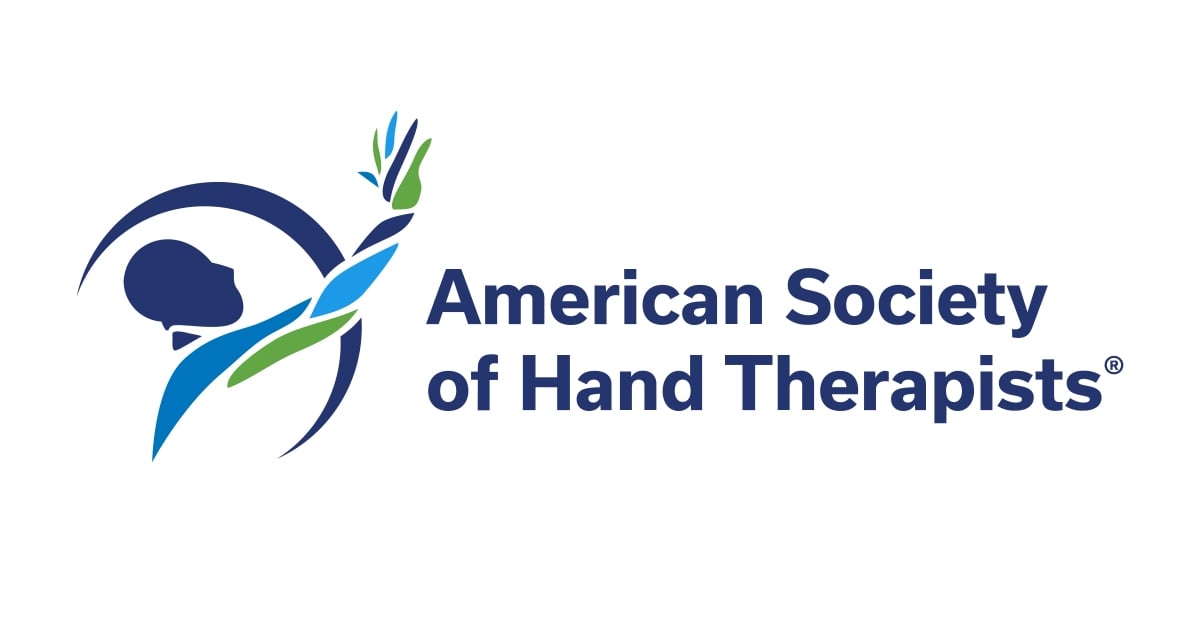Thank you for doing this!!! I apologize that I have so many questions, I'm a very interested incoming student!
1. What is the best way to get into hand therapy? Any particular settings that are beneficial (whether directly related or tangentially) to get fieldworks in or try and get your first job in?
2. I know some have mentioned a waning job market for OT, have you found the same to be the case of hand therapy?
3. Is it true that, on average, the salary is higher for CHTs?
4. What are some traits you think would make a good hand therapist? Whether that's in academics (like excelling in a particular subject) or personal qualities.
5. Was it hard to break into the hand therapy field? How did you do it?
6. What is the most common setting hand therapists work in?
7. Any advice for incoming students?
1. By far get a fieldwork. Unfortunately, I was unable to get a hands fieldwork as my school recognizes it as an advanced area of practice and wouldn't send students to hand clinics.
I disagree with this, and was quite frustrated with my school for some time as it made getting into hands difficult. I have two students right now, and they are doing fine.
2. I haven't heard about a waning job market, but it doesn't exist in hands. There are plenty of CHT jobs on the asht website. I sent a relative to a CHT in his area as he needed in person therapy and when they found out I am a hand therapist he was asked if I needed a job.
3. I believe this is this case. While I don't have access to the data they give you when you are a CHT regarding median wages I would be surprised if it wasn't.
4. You need to enjoy anatomy. Everything I do requires an in depth understanding of how each system works. Sometimes clinical testing can be extensive to find which small ligament of the wrist is the problem.
In regards to what kind of person will excel, I would say someone who is compassionate, but someone who can tolerate putting people into pain for the greater good. It's like burn therapy. Sometimes needed treatments can be extremely painful. (Looking at you new flexor tendon repairs). You need to be able to connect with your patient to help them make it through these difficult treatments.
I will make one important statement about who hands is not for: If you cannot tolerate gore, hands is not for you. I once had a pregrad student audibly grimace when undressing a significant wound. Neither I nor the patient appreciated it.
5. If you do not get a level 2 in hands you will struggle. I took continued ed courses as I had no real hand knowledge and found a clinic willing to mentor an eager therapist. This was the hardest step, as most hand therapists want you to have experience before they will give experience. (for good reason, you can hurt someone)
6. Outpatient no doubt.
7. You will have to jump through hoops in graduate school. There is nothing you can do about it. Just ask how high and do it.
Don't take things like theory over the top. It will be taught aggressively in school. It isn't worth the effort. Do you know how many times I have sat with a difficult patient and though "what would I do different with a PEO perspective? How about MOHO?" Never.
Learn how to study effectively.
Hopefully I answered your questions to satisfaction. If you have any followups let me know.
To the person below you. I will answer your questions shortly.

